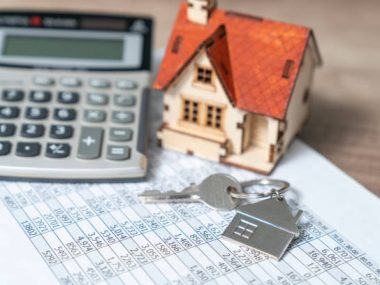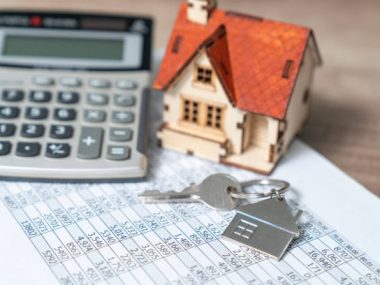Does a reverse mortgage go through probate? A reverse mortgage can be a valuable financial tool for seniors who own their homes and are looking to access their home equity without having to sell or move.
However, when it comes to estate planning and the probate process, questions may arise regarding what happens to a reverse mortgage upon the borrower’s passing.
Understanding whether a reverse mortgage goes through probate is crucial for both borrowers and their heirs.
In this article, we will delve into the intricacies of reverse mortgages and probate, exploring the relationship between these two aspects and shedding light on the potential implications for borrowers, lenders, and beneficiaries.
Whether you are considering a reverse mortgage for yourself or you are an heir wondering about the impact on your inheritance, read on to gain insights into how reverse mortgages and probate intersect and what factors may influence the outcome.
Also Read:
How to Increase Mortgage Preapproval Amount
Personal Care Assistant Day Shift
Does a Reverse Mortgage Go Through Probate?
A reverse mortgage is a financial arrangement that allows homeowners, typically seniors, to convert a portion of their home equity into tax-free cash without selling their property or making monthly mortgage payments.
As an attractive option for those seeking additional funds during retirement, it’s important to understand how a reverse mortgage interacts with the probate process.
Probate is the legal procedure by which a deceased person’s assets are distributed and their debts settled.
During probate, a court validates the deceased person’s will, if one exists, and oversees the administration of the estate.
The main question is whether a reverse mortgage is considered an asset that goes through probate.
The answer depends on several factors.
If the reverse mortgage borrower is the sole owner of the property and passes away, the loan balance typically becomes due and payable.
The heirs or estate have the option to repay the loan and keep the property or sell the property to settle the loan.
In this case, the reverse mortgage does go through probate as part of the overall estate settlement.
However, if the reverse mortgage borrower had a co-borrower or a non-borrowing spouse listed on the loan, they can continue living in the property even after the borrower’s death, as long as certain requirements are met.
In such cases, the reverse mortgage doesn’t go through probate unless both borrowers have passed away or the surviving borrower fails to meet the loan obligations.
It’s essential to note that reverse mortgage lenders have specific procedures in place to handle the loan in the event of the borrower’s death.
They typically require prompt notification and may request documentation to determine the course of action.
Overall, whether a reverse mortgage goes through probate depends on the ownership structure, the presence of a co-borrower or non-borrowing spouse, and the actions taken by the heirs or estate.
Seeking legal advice and understanding the terms and conditions of the reverse mortgage contract are crucial to navigate the probate process successfully.
What Happens to a Reverse Mortgage in Probate?
When a reverse mortgage borrower passes away and the loan goes through probate, several scenarios can unfold.
If the borrower was the sole owner of the property, the reverse mortgage balance becomes due and payable.
The heirs or estate typically have the option to repay the loan and keep the property or sell the property to settle the loan.
In this case, the reverse mortgage undergoes the probate process as part of the overall estate settlement.
If the reverse mortgage had a co-borrower or a non-borrowing spouse listed on the loan, they can continue living in the property even after the borrower’s death, as long as they meet certain requirements.
The loan does not go through probate unless both borrowers have passed away or the surviving borrower fails to fulfill the loan obligations.
It’s important to note that reverse mortgage lenders have established procedures for handling the loan upon the borrower’s death.
Prompt notification to the lender is typically required, and they may request documentation to determine the appropriate course of action.
To ensure a smooth transition, it is advisable for heirs and beneficiaries to engage legal and financial professionals to guide them through the probate process and provide insights into the specific obligations and options related to the reverse mortgage.
Also Read:
Information Technology College Intern Positions (Paid)
Help Desk/Client Software Support Specialist
Conclusion
The fate of a reverse mortgage in probate depends on various factors such as ownership structure, the presence of co-borrowers or non-borrowing spouses, and the actions taken by the heirs or estate.
If the borrower was the sole owner, the loan balance becomes due and payable, potentially requiring repayment or the sale of the property.
However, if there are co-borrowers or non-borrowing spouses, they may have the option to continue living in the property.
Seeking legal advice and understanding the terms of the reverse mortgage contract are crucial to navigate the probate process successfully and make informed decisions regarding the loan and the property involved.






